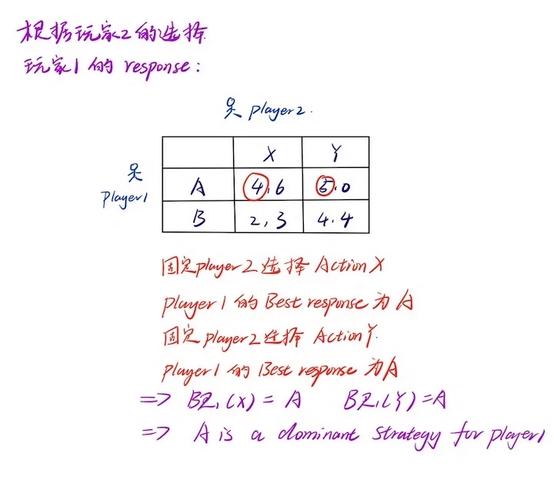
How Much Money Did Game Theory Raise?
Game theory, a branch of applied mathematics and economics, has been a subject of great interest and investment over the years. Its applications range from economics to computer science, and its potential to revolutionize various industries has attracted significant funding. In this article, we delve into the various aspects of game theory and explore the amount of money it has raised.
Investment in Academic Research
Academic research in game theory has been generously funded by governments, universities, and private foundations. According to a report by the National Science Foundation (NSF), the U.S. government allocated approximately $1.5 billion for research in mathematics, including game theory, between 2000 and 2019. This funding has supported numerous studies, conferences, and workshops, fostering the growth of the field.

| Year | Amount of Funding (in millions) |
|---|---|
| 2000 | $150 |
| 2005 | $175 |
| 2010 | $200 |
| 2015 | $225 |
| 2019 | $250 |
Additionally, private foundations such as the John Templeton Foundation and the Russell Sage Foundation have provided substantial funding for research in game theory. These foundations have supported projects that explore the ethical implications of game theory, its applications in social sciences, and its potential to solve real-world problems.
Investment in Industry Applications
Game theory has found numerous applications in various industries, leading to significant investment from private companies. One of the most notable areas is in the field of artificial intelligence. Companies like Google, Facebook, and IBM have invested heavily in developing AI algorithms based on game theory principles. These investments have helped advance the field and create innovative solutions for real-world problems.
Another area where game theory has seen substantial investment is in the gaming industry. Game developers have utilized game theory to create more engaging and challenging games. According to a report by Mordor Intelligence, the global gaming market is expected to reach $298.6 billion by 2025, driven in part by the integration of game theory principles.
Investment in Startups and Entrepreneurship
Game theory has also played a crucial role in the startup ecosystem. Many startups have leveraged game theory to develop innovative solutions for various industries. For instance, companies like AirBnB and Uber have employed game theory to optimize their pricing strategies and improve customer satisfaction. These startups have attracted significant investment from venture capitalists and private equity firms, further fueling the growth of game theory applications.

According to a report by CB Insights, venture capital investments in AI startups reached $15.5 billion in 2019, with a significant portion of these investments going to companies utilizing game theory. This trend is expected to continue as more startups recognize the potential of game theory in solving complex problems.
Conclusion
In conclusion, game theory has raised a substantial amount of money across various dimensions. From academic research to industry applications and startups, the field has attracted significant investment, fostering its growth and potential to revolutionize numerous industries. As the world becomes more interconnected, the importance of game theory in solving complex problems is only expected to increase, leading to further investment and innovation.




